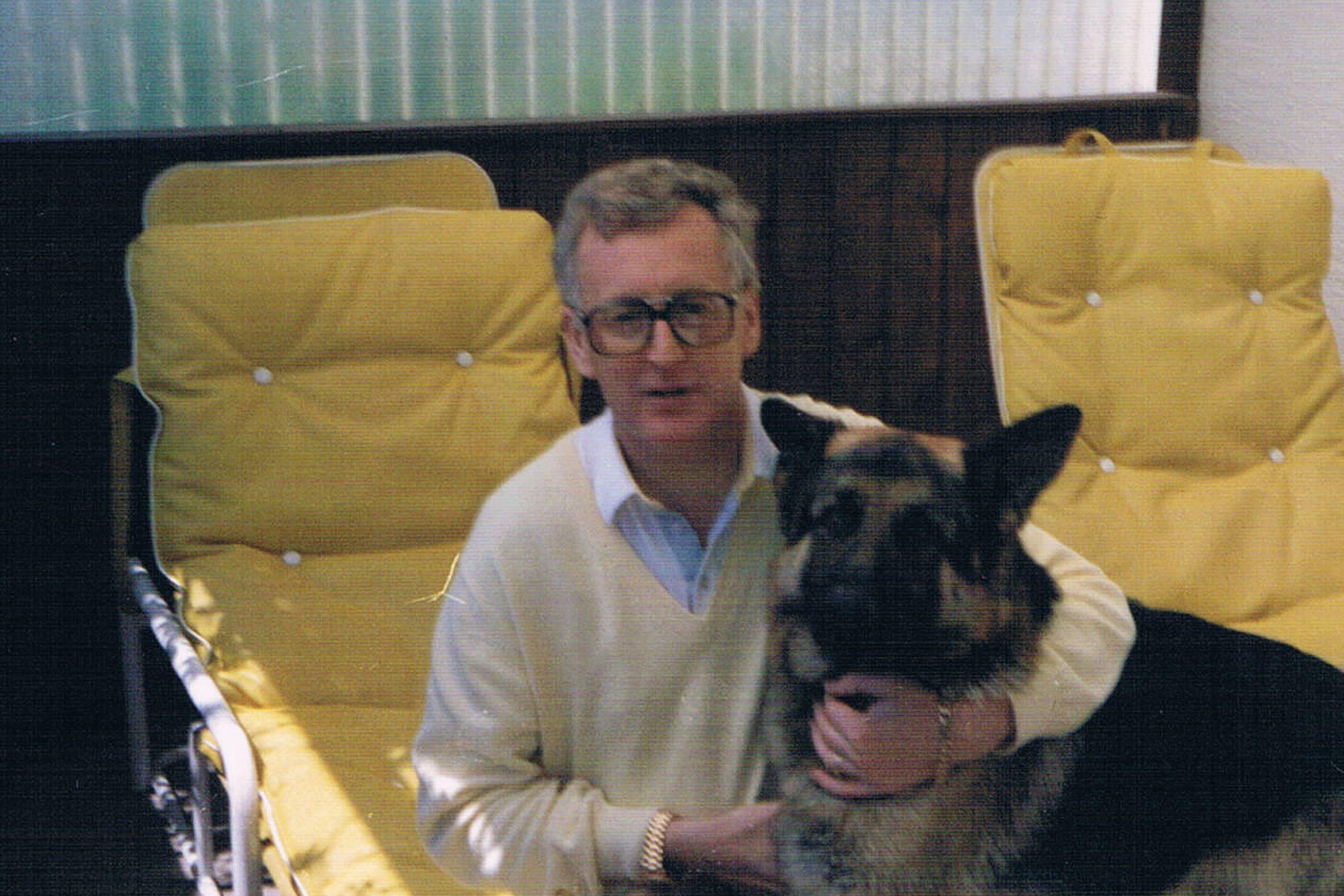Murderer Russell Causley freed from jail
He was handed a life sentence for killing his wife Carole Packman, who disappeared in 1985.

Your support helps us to tell the story
From reproductive rights to climate change to Big Tech, The Independent is on the ground when the story is developing. Whether it's investigating the financials of Elon Musk's pro-Trump PAC or producing our latest documentary, 'The A Word', which shines a light on the American women fighting for reproductive rights, we know how important it is to parse out the facts from the messaging.
At such a critical moment in US history, we need reporters on the ground. Your donation allows us to keep sending journalists to speak to both sides of the story.
The Independent is trusted by Americans across the entire political spectrum. And unlike many other quality news outlets, we choose not to lock Americans out of our reporting and analysis with paywalls. We believe quality journalism should be available to everyone, paid for by those who can afford it.
Your support makes all the difference.A murderer who has never revealed where he hid his wife’s body has been freed from jail.
Russell Causley made UK legal history last year when he became the first prisoner to face a public parole hearing.
He was handed a life sentence for killing Carole Packman, who disappeared in 1985, a year after he moved his lover into the family home in Bournemouth, Dorset.
Causley was released in 2020 after serving more than 23 years behind bars for the murder but was sent back to jail the following year when he breached his licence conditions.
The Parole Board ruled last month that he was suitable to be released from prison again. On Wednesday, the Ministry of Justice (MoJ) confirmed this had taken place.
It is understood he left HMP Bristol in the morning, where he had been transferred after previously being held at HMP Lewes in East Sussex.
In January, Justice Secretary Dominic Raab – who described Causley as a “calculated killer” who “callously prolonged the suffering” of Ms Packman’s loved ones by “refusing to reveal the whereabouts of her body” – considered appealing against the decision to release him.
But the MoJ later confirmed the Government would not challenge the ruling because there were no legal grounds to do so.
Parole Board decisions to release prisoners can only be challenged if there is an error of law or if there is evidence the process has been followed incorrectly – the same threshold as for judicial reviews.
Causley and Ms Packman’s daughter Samantha Gillingham, from Northamptonshire, previously told the PA news agency she was “disappointed” by the decision to free him again and branded the parole process a “tick-box exercise”, adding: “There’s nothing that I can do about it… We still don’t know where my mother is.”
She still hopes to meet her father, after decades of asking to confront him about her mother’s disappearance.
The Parole Board said reviews are carried out “thoroughly and with extreme care” and protecting the public was the “number one priority”.
Causley will be subject to licence conditions, including being required to live at a certain address as well as facing restrictions on his movements, activities and who he contacts.
An MoJ spokeswoman said: “We know this will be an incredibly difficult time for Carole Packman’s family, but Russell Causley will be under close supervision for the rest of his life and can be recalled to prison if he breaches the strict conditions of his release.
“Our parole reforms will stand up for the rights of victims in cases like this, making public safety the overriding factor in parole decisions and adding a Ministerial veto on release of the most serious offenders.”